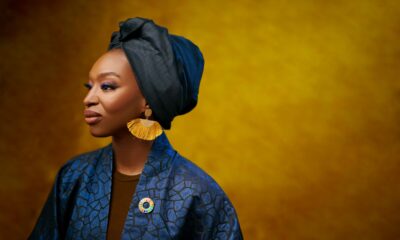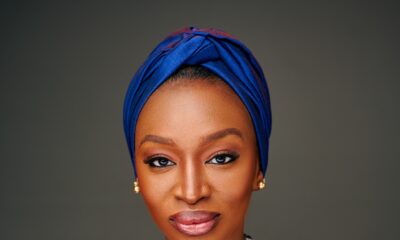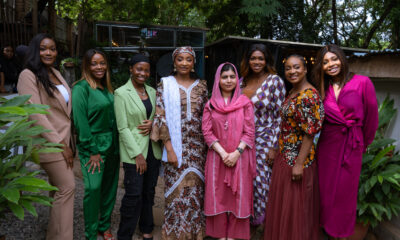Features
Nigerian Winter Olympian Simidele Adeagbo Writes About the Importance of Education for the Girl Child
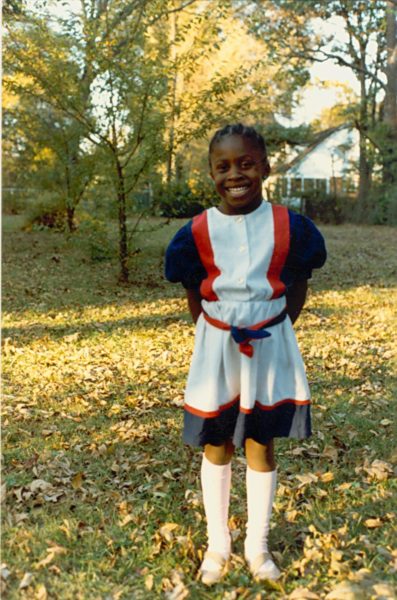 In June 2018, Winter Olympian Simidele Adeagbo hosted a leadership and sports masterclass for girls in Nigerian. {Click here if you missed it} Working as a Malala Fund ambassador, Simidele has decided to dedicate her birthday month to raising awareness about the education of girls.
In June 2018, Winter Olympian Simidele Adeagbo hosted a leadership and sports masterclass for girls in Nigerian. {Click here if you missed it} Working as a Malala Fund ambassador, Simidele has decided to dedicate her birthday month to raising awareness about the education of girls.
She addresses the fact that more than 130 million girls around the world are not in school; with a special focus on Nigerian girls, Simi turns the spotlight on her own childhood and the how education was a stepping stone to where she is today. We hope you are as inspired by the article.
***
Education and sport have always been inseparable for me. Long before I became Nigeria’s first Winter Olympian and the first African woman to compete in skeleton at the Olympics, my parents instilled in me the value of education and made sure school always came before sport. Growing up, in my household, academic success was non-negotiable. Education became the gateway to unlocking my full potential as an athlete. To win on the field, I had to first win in the classroom.
As a rambunctious kindergartner in Ibadan, Nigeria, I let my imagine run wild in the classroom by reading all the books I could get my hands on. My teachers championed my individuality and encouraged discovery. It was in this supportive atmosphere that I learned not to put limits on my dreams and gained the confidence I needed to become a trailblazing Olympian.
I’m so grateful for the education I received, but not every girl in Nigeria has the same opportunity.
Nigeria is the richest country in Africa, yet more girls are out of school in my home country than anywhere else in the world. Poverty, violence, discrimination, early marriage and poor quality education prevent girls from learning. These girls dream of becoming doctors, lawyers, engineers and even Olympians — but they won’t get there without education.
Girls know this too. After seeing girls in her Nigerian community not in school because the fees were too high, their families needed them to work or because they weren’t old enough to walk to school alone — 15-year-old Peace Ayo started an organization aimed at convincing parents of the importance of educating their daughters. Now she’s helping advocate for even more girls alongside Malala Fund. We need more girls like Peace to have access to education so that they can lead us into the future.
That is why I work to unlock every girls’ potential by supporting organizations like Malala Fund. More than 130 million girls are out of school around the world and Malala Fund is breaking down the barriers that hold them back. I’m proud to join Malala’s fight, especially to support the work of local activists in countries like Nigeria. Malala Fund’s Gulmakai Network currently invests in Nigerian education champions who are helping girls who live under the threat of Boko Haram go to school and campaigning for new policies that support 12 years of free, safe, quality education for all girls. 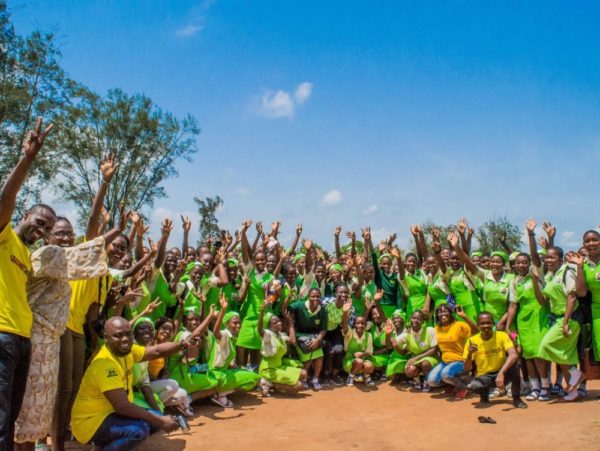
In the fight for girls’ education, I know we must also provide girls with role models to remind them of what they’re capable of achieving. Through my signature leadership and sports master class for girls, I hope to inspire the next generation of leaders in Nigeria. I work with students to build their leadership skills and to motivate them to think big. Girls need to know that no matter where they’re from, their dreams are valid.
I had a dream of competing in the Olympics. Because of the confidence I gained and the encouragement I received from my education, this year that dream became a reality.
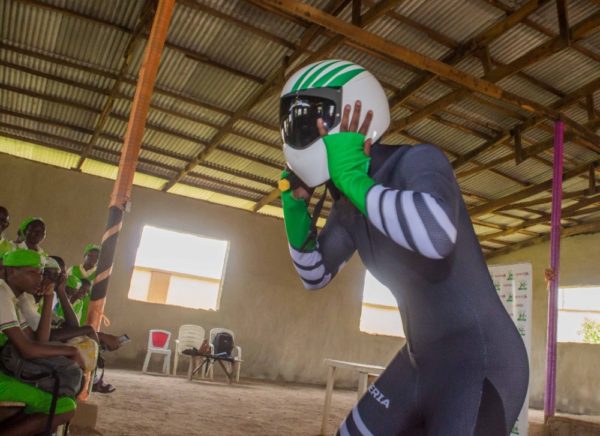
Whether it is competing in the Olympics, making a discovery in the science lab or getting elected to office, girls have great hopes for their futures. I am fighting to ensure that every girl has the tools and resources she needs to achieve those incredible ambitions. I hope you will join me.
***
Simidele Adeagbo is an Olympic Skeleton athlete, business leader and Malala Fund ambassador. The views expressed in this commentary are her own.


